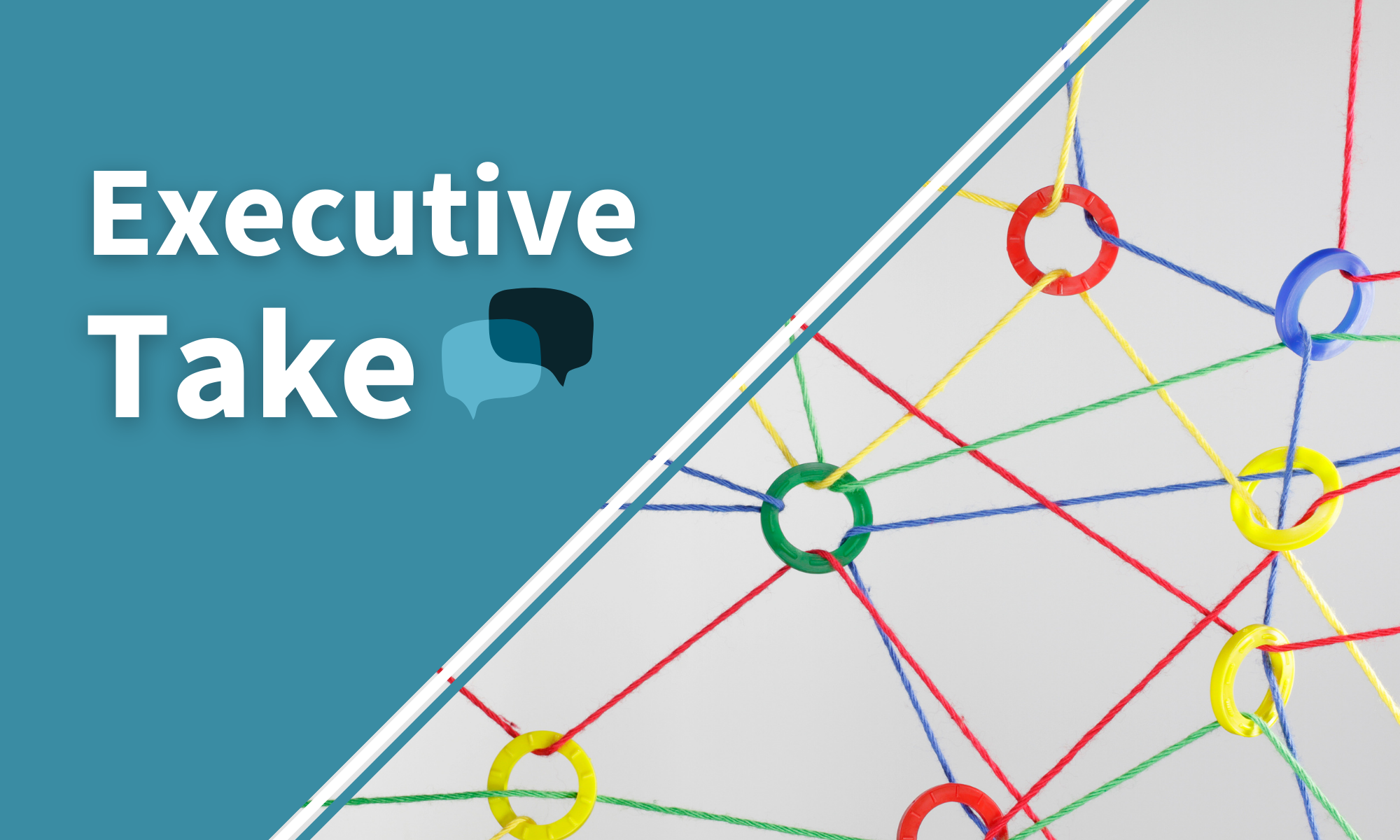Executive Take: Association Partnerships

Effective association partnerships have the power to significantly enhance an organization's influence and extend its reach. But it is often challenging to successfully implement, manage and nurture partnerships that align the interests of both the partners and the organization - all while getting buy in from the rest of the association. In this month's Executive Take, we asked six association professionals:
What are key considerations and ideas for any association developing or managing a partnership?
"While transactional partnerships are often the norm, at the Association of Women’s Health, Obstetric & Neonatal Nurses (AWHONN) we seek partners with mutually shared business goals and a commitment to the greater good in maternal and newborn health. AWHONN’s members work in hospitals, yielding a long list of companies that want to engage with nurses. When AWHONN observed that our members were collecting diapers to give to patients-in-need prior to discharge, we organized that organic activity into an annual, national diaper drive that counts the number of diapers nurses donate to their patients and to diaper banks in their communities. We gained financial support for the drive from Kimberly-Clark’s Huggies® Brand® and garnered an ASAE “Power of A” Award for enriching the lives of others. Since 2015, AWHONN members have donated more than 3.5 million diapers to patients and community diaper banks. Do your members do something unique that you can leverage for the greater good?"

Carolyn Cockey, MLS, LCCE, CAE
Association of Women's Health, Obstetric & Neonatal Nurses | Senior Director, Strategic Partnerships & Publications
"The time allocation is really important. You can sell a sponsorship without heavily researching the goal and objective of the company. But when it comes to partnerships, they are time intensive. There’s a great deal of research and information that goes into those. When I submit a proposal, I know it's a ‘yes’ before I submit it. I’ve been working with them, I’ve already made the pitch, and this is just the formalization of it."

Tracie Clemmer
International Downtown Association (IDA) | Director of Corporate Relations
"Non-dues revenue allows a lot of opportunities in associations. It allows teams to hire people to generate content, to hire people in membership, and to hire people for Diversity, Equity, and Inclusion. That's a big selling point to other departments - you're not going to have to do this, you can now focus on your job. That type of conversation changes things. At the same time, it’s engagement and collaboration. What we have done, too, is not only the one-on-ones with the department heads, but I do one-on-ones team by team and run through everything. Let them see the program, understand it, critique it, and then most importantly, it's listening to them. What are their assets that you can then sell? Because 10 times out of 10 I hear stuff I didn't know about."

Jeremy Figoten, MA, CAE
International City/County Management Association (ICMA) | Managing Director, Conferences & Sponsorships
"What can we do in terms of sales efforts? The sales of booths and ads is transactional. But moving from those types of transactions to a broader partnership is a very different sale. One is a transactional sale – it is quick, there's a deadline, there's a timeframe. A partnership sale is far broader. Does the person who is now responsible for that have the capabilities and the skills to shift from one to the other? Sometimes they do, and sometimes they don't. And within each association, that determination needs to be made. Because if they can’t make the change, it's going to be significant, it's going to have a major impact and that partnership program is not going to be successful."

Lewis Flax
Flax Associates | President
"An important role for the CEO very simply is setting an example for staff. When I started working on the sponsorship program for one association, the CEO said to me, ‘If you ever want me to call or be in a meeting with a corporate sponsor, you don't have to ask me. Go to my executive assistant and she will get it scheduled.’ That message filters down to the staff that there is that sort of approach to it. I think another key person to have involved is the CFO or Finance Manager. You may have different departments within the association selling things but can you bring it together? A lot of companies prefer one purchase order or transaction. The association needs to move that money around on the back end, or change departmental revenue goals. Some of that is the CFO saying, ‘No, you guys aren't losing any money, you will still get your money for your department. But we’re not going to have multiple departments selling different things to the same companies in the future.’"

Bruce Rosenthal
Partnership Professionals Network (PPN) | Corporate Sponsorship Consultant
"Consider mentorship and leadership development programs. Corporations want to help because if they can help the association with getting people excited about the industry, that's going to help them - it's going to help potentially build employees for them. I think a lot of people will think the reason that corporations want to get involved with an association is always about sales. And that's not true. They see real needs in areas like recruitment and retention and mentorship. How are you developing your leaders in your association? How are you taking some of the young talent that's in your organization and developing them? Are you developing women? Are you developing people of color? These are things that corporations are interested in supporting, putting a formalized program around it provides a lot of value. And associating with your brand as an association is a big plus for corporations."

Lori Zoss Kraska, MBA, CFRE
Growth Owl LLC | Founder & CEO
